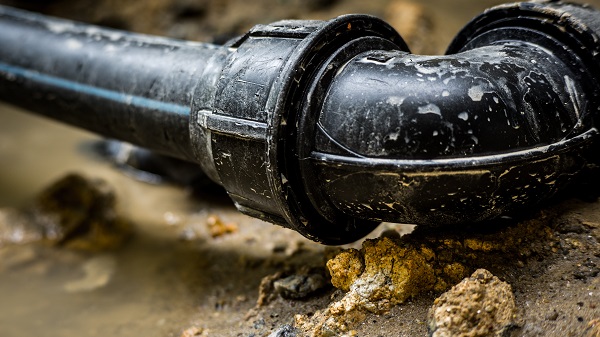One way to prevent pipes from corroding and get them to last longer is to use pipe coating. This technique can also be used to fix older plumbing with leaks. Any time a metal pipe is exposed to natural elements such as air, soil, or water, it will gradually corrode. Evidence of corrosion can include rust, blue stains, and green cupric chloride. Plumbers can apply a pipe coating to maintain the strength and performance of the plumbing system.
Why coat pipes
The process of pipe coating continues to gain popularity as more people recognize the value it can bring to a plumbing system.
Benefits of pipe coating
An epoxy coating is typically applied to the interior of the pipes. This coating is beneficial for both existing structures and new construction. The following are just a few advantages of internal pipe coating:
- Does not require lifestyle adjustments or interruptions during the coating process
- Improves water flow by allowing the water to run more smoothly through the pipes
- Is much more cost-effective than replacing a plumbing system
- Increases the durability and lifespan of the pipes
- Repairs weakened joints to prevent potential bursting or leaks
- Seals existing cracks to stop leaks
Since the pipes are coated internally, there is no need to dig them up and destroy landscaping or expose them in a home by cutting out sections of walls or ceilings.
Wide range of applications
This type of coating can be applied to almost all plumbing systems and can benefit buildings from residential and commercial properties to hospitals and schools. It can also be used on just about every type of piping material. Not only metals like copper, iron, and galvanized steel can be internally coated, but also alternative materials such as PVC, fiberglass, and clay. The epoxy can withstand a vast range of water temperatures, so pipe coating can be done in buildings in most climates. It protects the pipes from both internal threats like chemicals and external threats like tree and shrub roots.
How it works
After the pipes are drained and dried, they are sandblasted to eliminate existing corrosion and buildup inside the pipes. The sandblasting also creates a textured surface for the epoxy to adhere to. The epoxy can then be flushed through the system, creating a barrier between the pipe and the elements that cause corrosion. Moisture, chemicals in the water, and other debris are unable to reach the actual pipe material to cause corrosion.
Conclusion
More than simply a preventative measure in new construction or a temporary fix for leaks in older pipes, pipe coating is extremely advantageous for most structures and plumbing systems. It can extend the life of many types and ages of pipes as well as make the water flow more efficiently. Rather than waiting until a pipe springs a leak to have pipe coating done, get the process done now and save your property from potential water damage due to leaks or bursts.
Are you considering pipe coating in the Abilene area? Get more information at https://www.bevillstexas.com.


